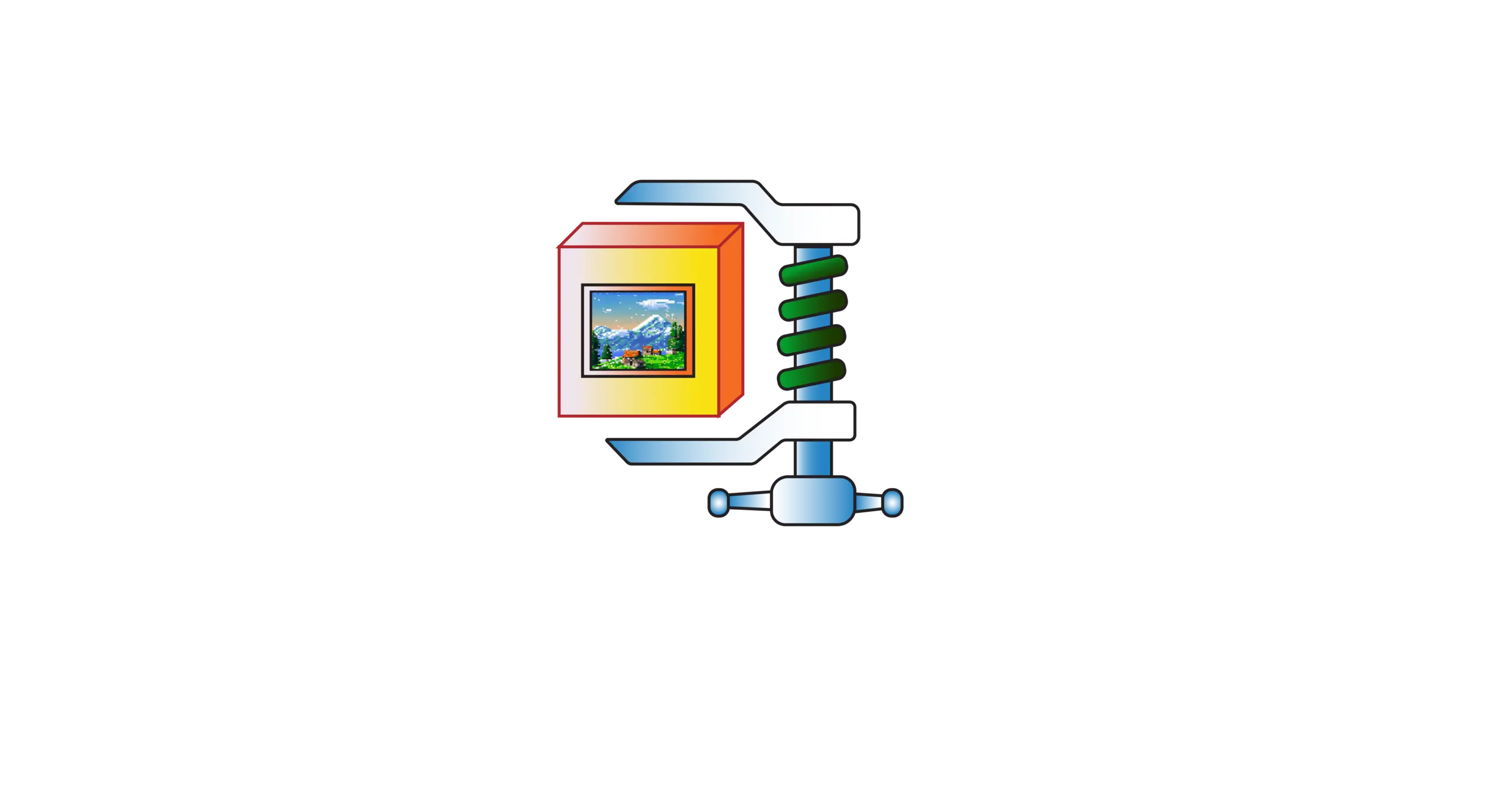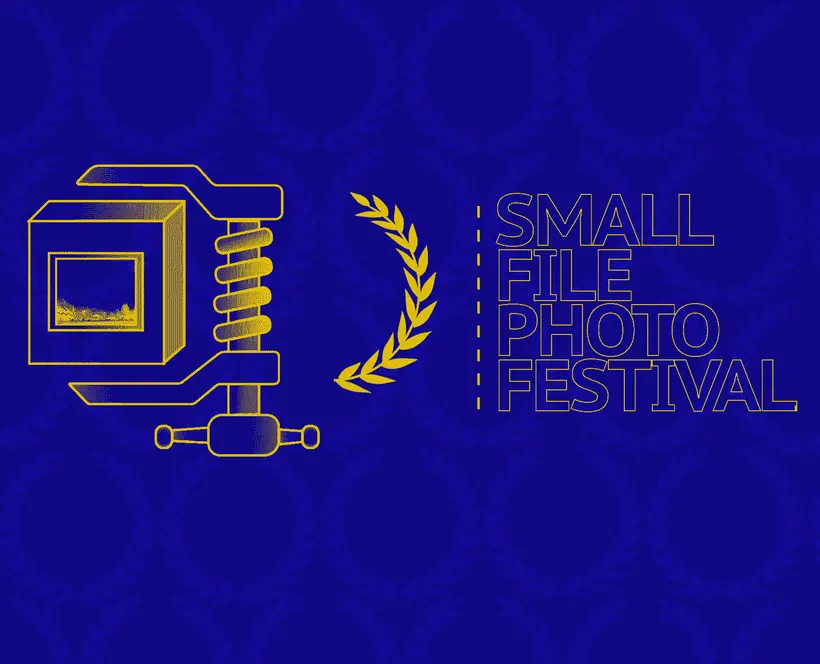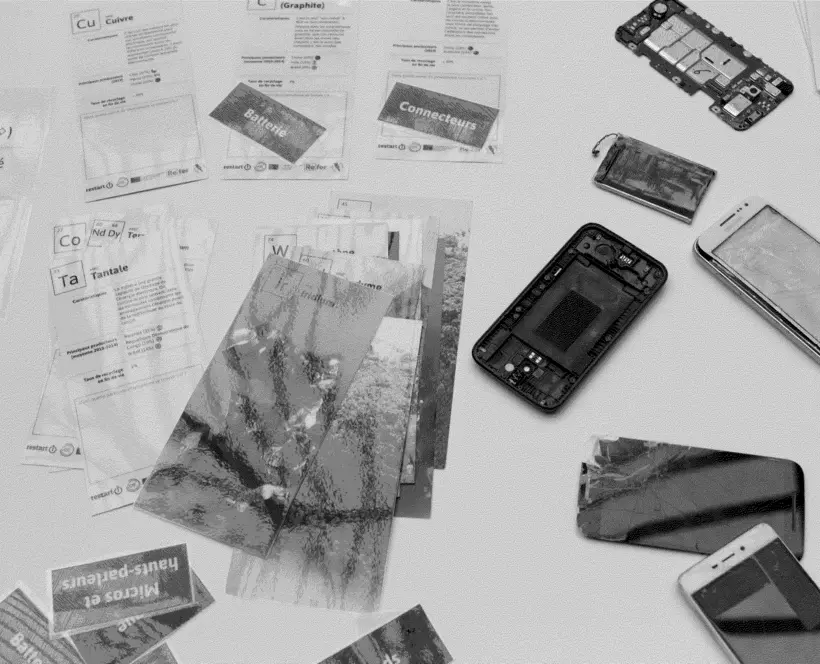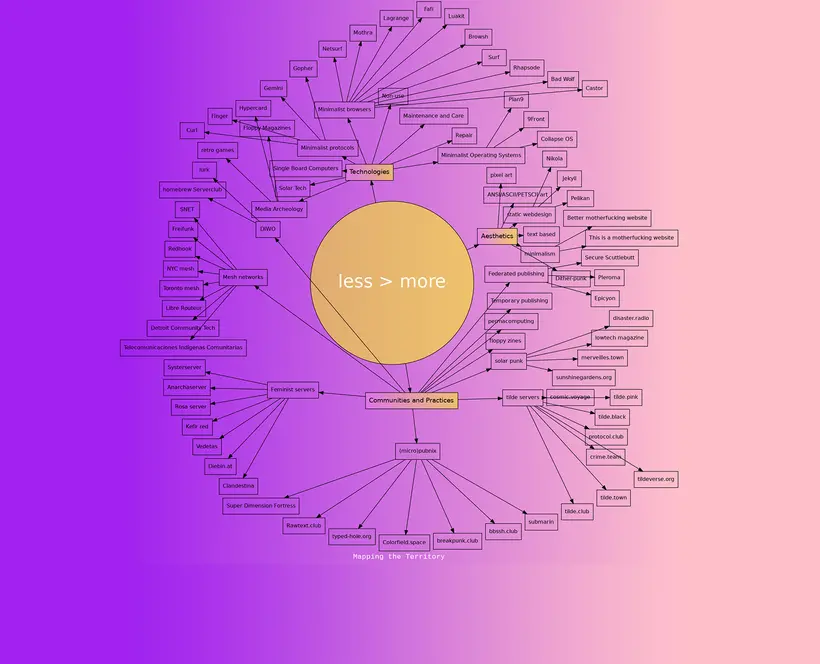By defaulting to ever-higher file sizes and encouraging consumers to store their data on the so-called cloud, image-making devices and platforms are contributing to the fast-expanding carbon footprint of information and communication technologies. Laura U. Marks will share why that footprint is currently about 4% of global greenhouse gas emissions, about the same as the airline industry. In her talk, she will explain why those emissions are rising, and some of the means to individually and collectively restrain ICT’s expanding carbon footprint.
Marks will also introduce the Small File Media Festival, the reference for the Small File Photo Festival. Now in its second year, SFMF was founded by Marks to draw attention to the carbon footprint of streaming media and celebrate movies that aim at a file size of one megabyte per minute. Small files are inaugurating a new aesthetic that is intensive rather than extensive, for artworks that embrace their infrastructure rather than deny it.
Kyveli Mavrokordopoulou and Giacomo Mercuriali will present Hot Pictures, the first issue of RESOLUTION Magazine they collaboratively edited. Hot Pictures takes on the ecological paradox digital images present: offering novel ways to visually depict environmental destruction and climate change, while simultaneously polluting and heating up the planet through their production and circulation. By investigating the production, distribution, and reception of what they call ‘hot’ images –images of climate disaster, fast and slow, spectacular and indiscernible– Mavrokordopoulou and Mercuriali will discuss what it means to research the digital image’s ecological footprint through the print medium.
Øyvind Kolås will share his Colour Assimilation Grid experiment working with compression techniques, image file sizes and quirks on human visual perception. Considering human eyes as optical capture units similar to cameras, and the mind as the computer where the visual experience happens, Kolås’ experiment help understand how altered experience of space, time and colour might be interesting to explore in order to reduce the weight of images.
Biographies
Laura U. Marks
Laura U. Marks works on media art and philosophy with an intercultural focus and an emphasis on appropriate technologies. Marks founded the Small File Media Festival and leads the research group Tackling the Carbon Footprint of Streaming Media. She also co-founded the Substantial Motion Research Network of scholars and artists working on non-Western genealogies of media technologies. Her fifth book, The Fold: From Your Body to the Cosmos, is in production with Duke University Press. Marks teaches in the School for the Contemporary Arts at Simon Fraser University in Vancouver.
Giacomo Mercuriali
Giacomo Mercuriali is an artist and independent researcher with an interest in image theory and iconology. He graduated in Art History and attended the Phd School in Philosophy at the University of Milano. He taught Theory of Perception and Psychology of Form at the Academy of Fine Arts Santa Giulia, Brescia. His research is about memes and the relationship between truth and digital images.
Kyveli Mavrokordopoulou
Kyveli Mavrokordopoulou is a postdoctoral fellow at the Käte Hamburger Kolleg, RWTH Aachen University with the project Uranium Ecologies, in and through Art. Her research, at the intersection of art history and the environmental humanities, engages nuclear aesthetics, the visual culture of extraction, and material histories of art and the environment. She was awarded her PhD from the École des Hautes Études en Sciences Sociales, Paris in 2021, supported by an Onassis Foundation scholarship, and is currently working on an exhibition about the atomic age at the Musée d’Art Moderne de Paris (fall 2024).
Øyvind Kolås
Øyvind Kolås is an independent digital media researcher, with interests in
colour science, vision, digital imaging, interactive user interfaces and art. His experience spans academia and industry. Currently he is doing research and development on free software projects for himself and others, including ongoing maintenance of GEGL, the image processing engine powering the free software image editor GIMP - GNU Image manipulation Program.




